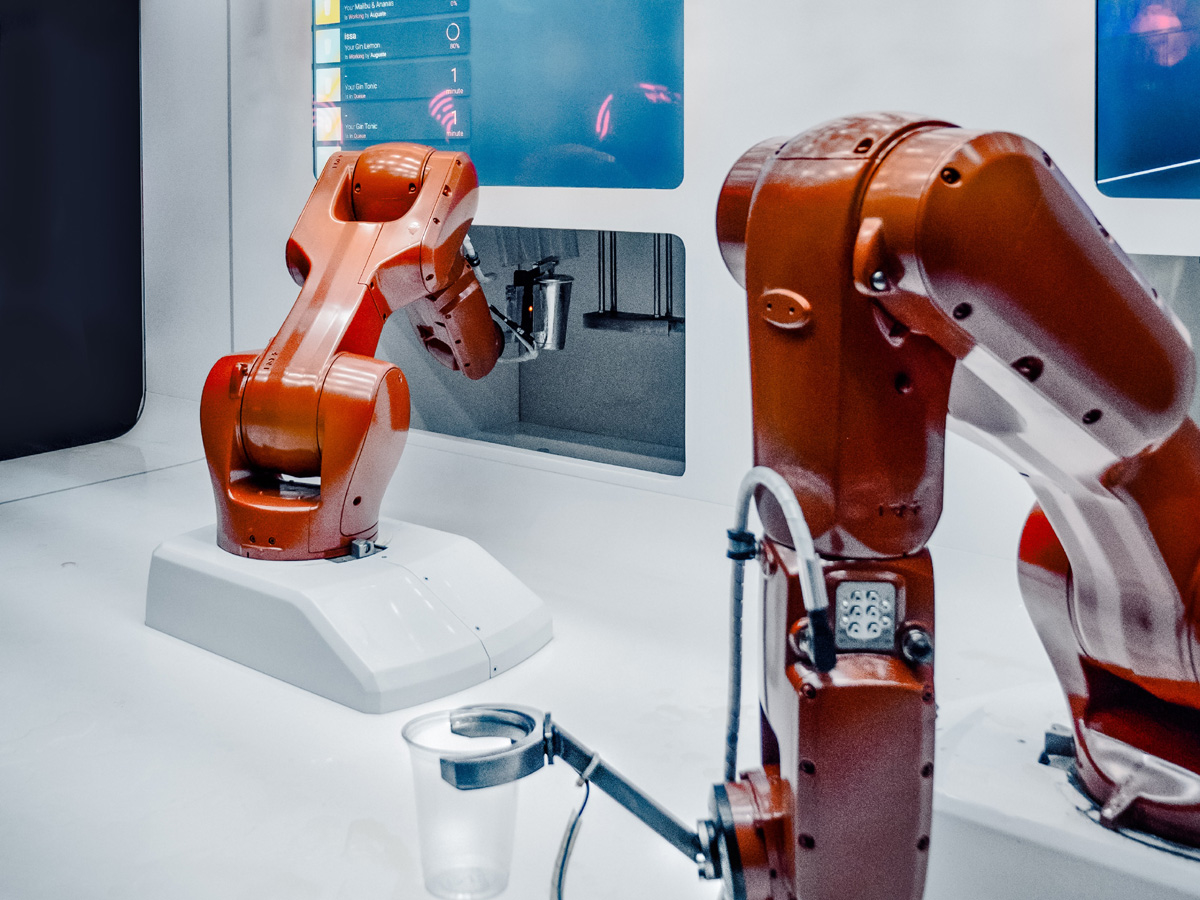The new US president wants to bring jobs back to the US, but – whatever the long-term impact of protectionism – pundits anticipate the continued destruction of jobs due to automation.
It’s easy to find examples of jobs disappearing in the motor industry, displaced by physical robots, a phenomenon first seen in 1937 and popular since the 1980s. More recently jobs have been displaced in knowledge work such as legal research and in insurance.
Forecasts by Oxford academics Frey and Osborne have been much quoted (including by me) as putting ‘almost half of all jobs at risk’. You can even go online and check whether your job is at risk (BBC). Other academics say this estimate should be as few as 9% of jobs (although academics disagree; I’ve been told their use of PIAAC data is not a good guide).
These headlines about jobs disguise the main impact of artificial intelligence. Indisputably, AI is going to automate certain tasks within almost everyone’s jobs. You can now hand over your appointment making to an artificial PA called Amy. Next: The CFO? There will be countless other examples in the next few years. There’s no lack of ambition in the AI world.
Here at Career Innovation we’re helping people respond. Which parts of your job will go? If you’re smart, you will pro-actively re-shape your job to get rid of the dull bits and to ensure you are skilled at the creative, subtle and relational parts that add the most ‘human’ value.
Last week, in partnership with two UK professional bodies (CIH and STEP), Ci launched a new online course that takes people through a structured review, and gives practical steps to future-proof their career.
Taken from the ‘Be Bold’ course, this McKinsey article and video can help you steer your way through the changes to come.
For more information about running ‘Be Bold’ for your organisation, do get in touch.





